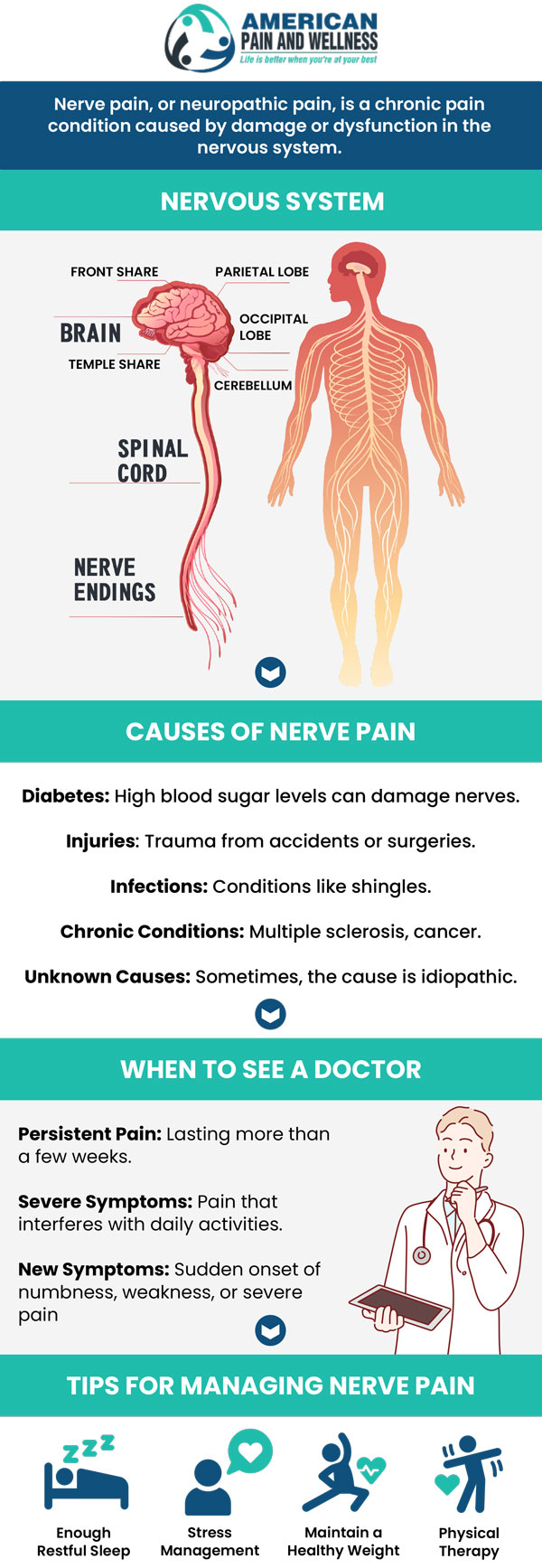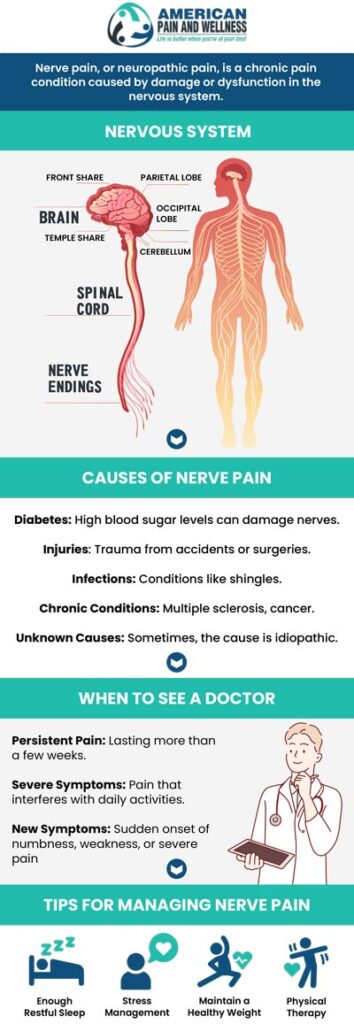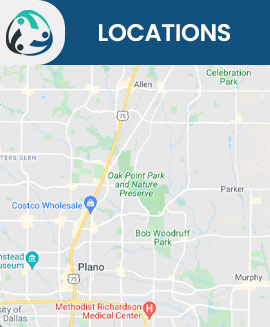4 Questions to Ask Your Nerve Pain Specialist
Nerve pain is usually described as a shooting, stabbing, or burning sensation. At times, it can be as harsh and unexpected as an electric shock. People who suffer from neuropathic pain are generally extremely sensitive to touch or cold, and they may experience pain as a result of stimuli that would not ordinarily be uncomfortable, such as brushing their skin. Dr. Steven L. Remer, MD, and his compassionate team are experienced in treating nerve pain. We have convenient locations to serve you in Allen, TX, and Plano, TX. For more information, contact us or request an appointment online.





Additional Services You May Need

Additional Services You May Need
• BACK AND NECK PAIN
• FACET INJECTIONS
• JOINT INJECTIONS
• PAIN MANAGEMENT
• REGENERATIVE MEDICINE
• PRP INJECTIONS
• HERNIATED DISC
• SPINE PAIN MANAGEMENT
• ARTHRITIS
• MUSCLE PAIN
• RHEUMATOLOGIC PAIN MANAGEMENT
• SACROILIAC JOINT PAIN
• NERVE PAIN
• ABDOMINAL AND PELVIC PAIN
• SPINAL STENOSIS
• SCIATICA TREATMENT
• PHYSICAL REHABILITATION THERAPY
• COMPLEX REGIONAL PAIN SYNDROME
• OSTEOARTHRITIS
• IMMEDIATE RELIEF FOR SCIATICA PAIN
• EPIDURAL STEROID INJECTIONS
• DYSTONIA
• CHRONIC PAIN
• CANCER PAIN
• AUTO ACCIDENT INJURY
• ARACHNOIDITIS




